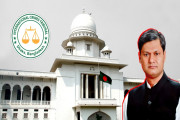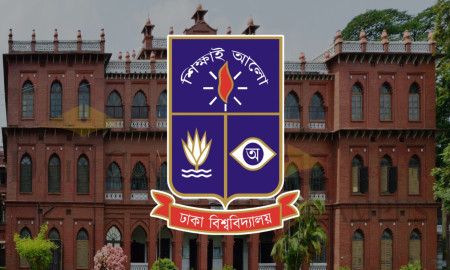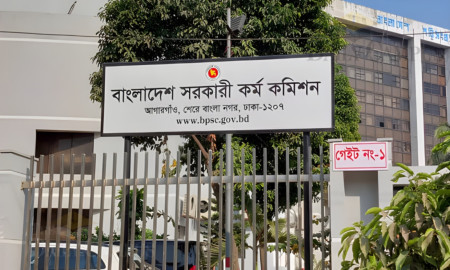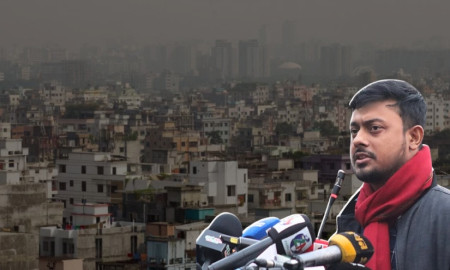Music Moves Forward, Society Lags Behind
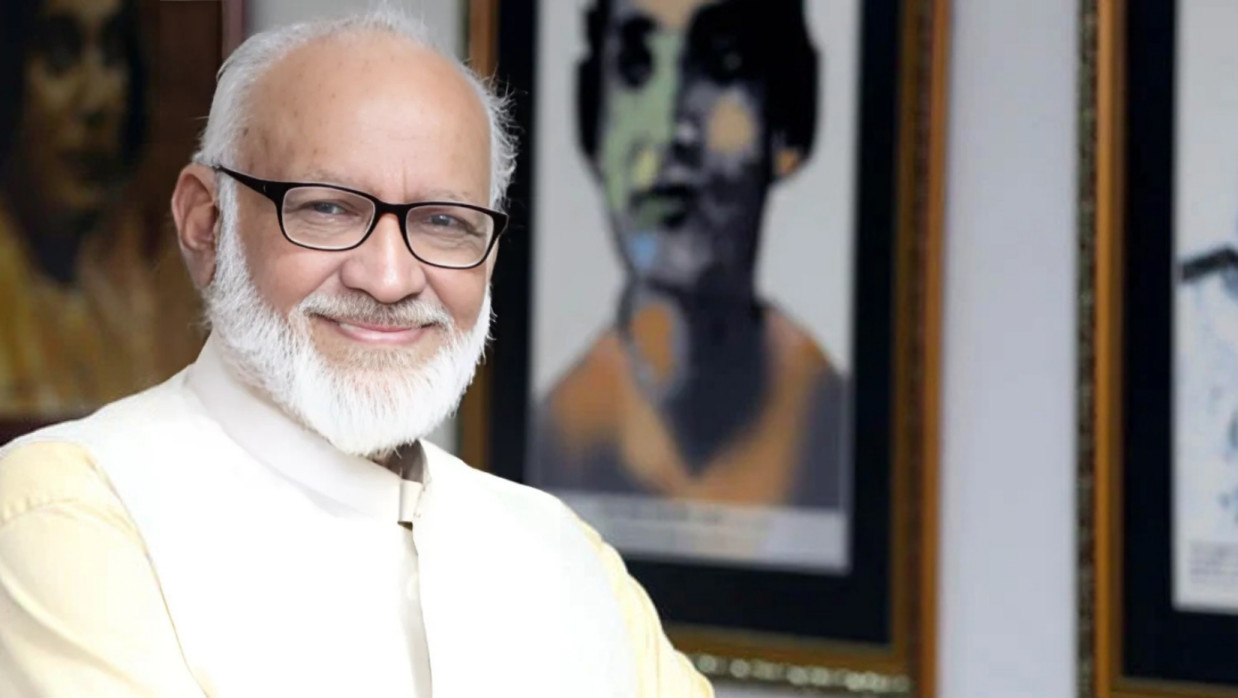
On May 10, 2025, Bangladesh mourned the loss of Mustafa Zaman Abbasi, a celebrated musician, researcher, and writer whose vibrant life was dedicated to music, literature, and cultural exploration. Originally published in Prothom Alo on November 4, 2008, Abbasi’s poignant reflections on music and society have been republished following his passing, offering a timeless critique of the cultural landscape.
Abbasi’s writings reveal a deep love for music, drawing inspiration from Rabindranath Tagore, whose songs resonate with the sentiment, “My song drifts away, bid it farewell.” While Tagore’s music has found a home in Bangladesh’s villages and towns, performed not just on special occasions like Tagore’s birth or death anniversaries but year-round, Abbasi laments that the broader music scene, particularly classical music, remains stifled by neglect. Despite the passion of music lovers and the proliferation of Rabindra Sangeet gatherings in rural and urban areas, the absence of structured support for classical music leaves much to be desired.
The State of Music in Bangladesh
In Bangladesh, Rabindranath Tagore’s music has transcended generations, finding a place in the hearts of people across villages and cities. Yet, the broader musical landscape, particularly classical music, struggles to flourish. Institutions like the Bulbul Academy of Fine Arts and other music schools exist, but they are hampered by insufficient funding and lack of vision. Young talents with immense potential—vibrant voices and boundless possibilities—emerge like budding lotuses, but without skilled mentors or resources, their growth is stunted. Over the past 50 years, few classical music artists have risen to prominence, leaving the path of music obstructed.
A Glimpse into Dedication
Consider Niaz Muhammad Chowdhury, a maestro whose voice, Abbasi argues, surpasses even the legendary Mehdi Hasan. Yet, despite his talent and dedication, Niaz’s contributions remain underappreciated due to a lack of institutional support. Classical music struggles to find a place on radio, television, or cultural platforms, overshadowed by a society that fails to recognize its value. Abbasi recounts a visit to Niaz’s home, where he met the musician’s son, Faiyaz, whose voice filled the room with promise. Niaz’s wife, herself the daughter of a renowned ustad, expressed hope that their son could carry forward the musical legacy. However, Faiyaz’s poignant words echo a harsh reality: “I love singing, but society won’t let me surpass my father.”
The Resilience of Folk Music
Folk music, in contrast, survives in rural Bangladesh, sustained by grassroots enthusiasm. Artists like Arif Dewan earn significant sums performing at village events, untouched by the commercial gloss of television. While urban audiences often fail to grasp the essence of these songs, rural communities keep the tradition alive, offering a glimmer of hope amid the challenges.
A Call for Cultural Revival
Abbasi’s vision for music’s future is clear: establish music schools, fund teachers, and prioritize pure, humanistic music education. He challenges the notion that music is forbidden, citing global perspectives that view music as a path to spiritual and moral elevation. From conferences in Delhi, Istanbul, and Tehran, he learned that music is considered “food for the soul,” bringing people closer to divinity. Yet, in Bangladesh, societal constraints and a lack of cultural planning hinder progress.
A Legacy of Love for Music
Abbasi reflects on his own journey and that of peers like Asafuddoulah and Anwaruddin Khan, whose musical talents were sidelined by societal pressures and career demands. Despite these challenges, Abbasi’s love for music endures, fueled by the belief that as long as Bengalis exist, music will thrive. He finds hope in the voices of young singers abroad, in television talent shows, and even among rickshaw pullers, whose songs carry the magic of Bengal’s musical heritage.
A Path Forward
To move forward, Abbasi urges society to invest in music education, foster cultural institutions, and embrace music as a unifying force. Only then can Bangladesh’s musical potential be fully realized, breaking free from the constraints that hold it back.
Abbasi’s reflections serve as both a celebration of Bangladesh’s musical heritage and a call to action. While music continues to evolve, society must catch up, fostering an environment where artists like Niaz and Faiyaz can thrive, ensuring that the melodies of Bengal resonate for generations to come.



